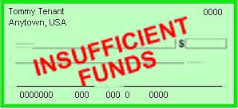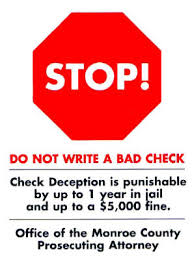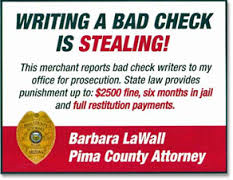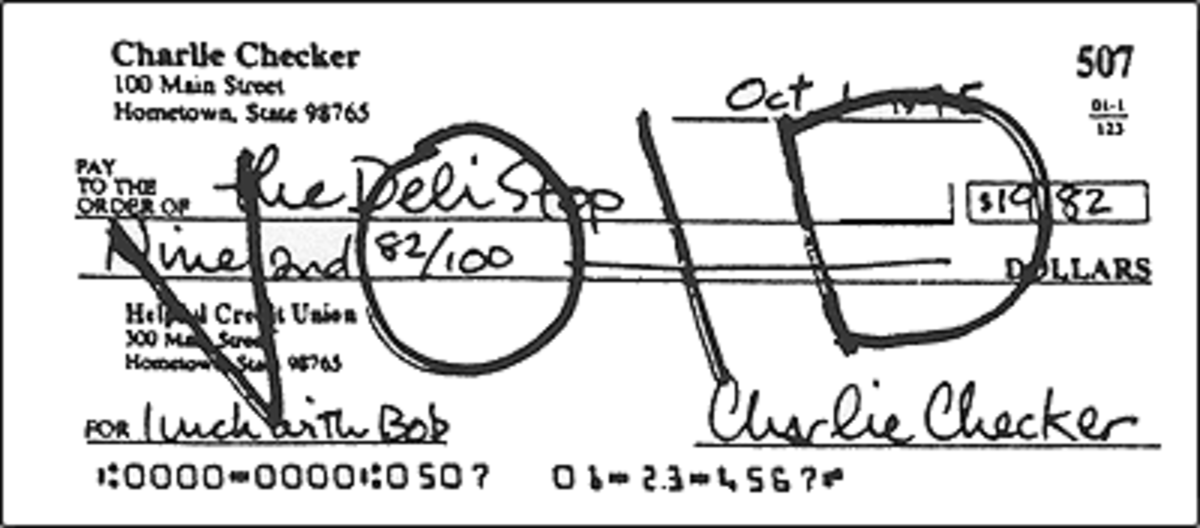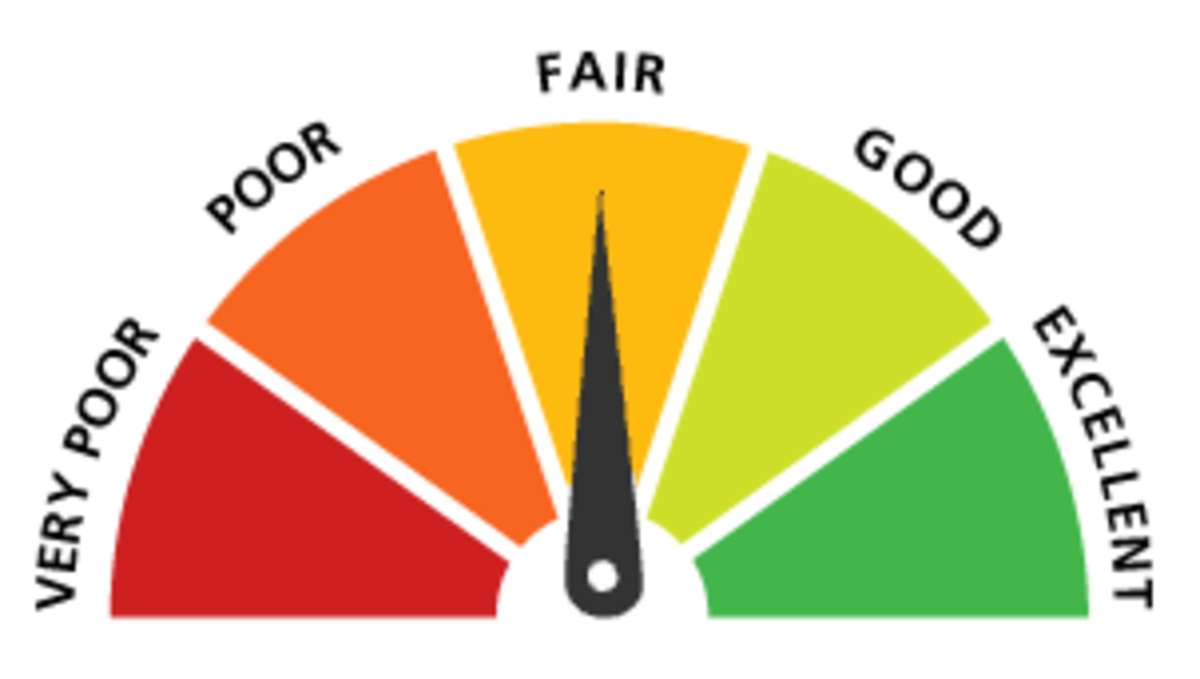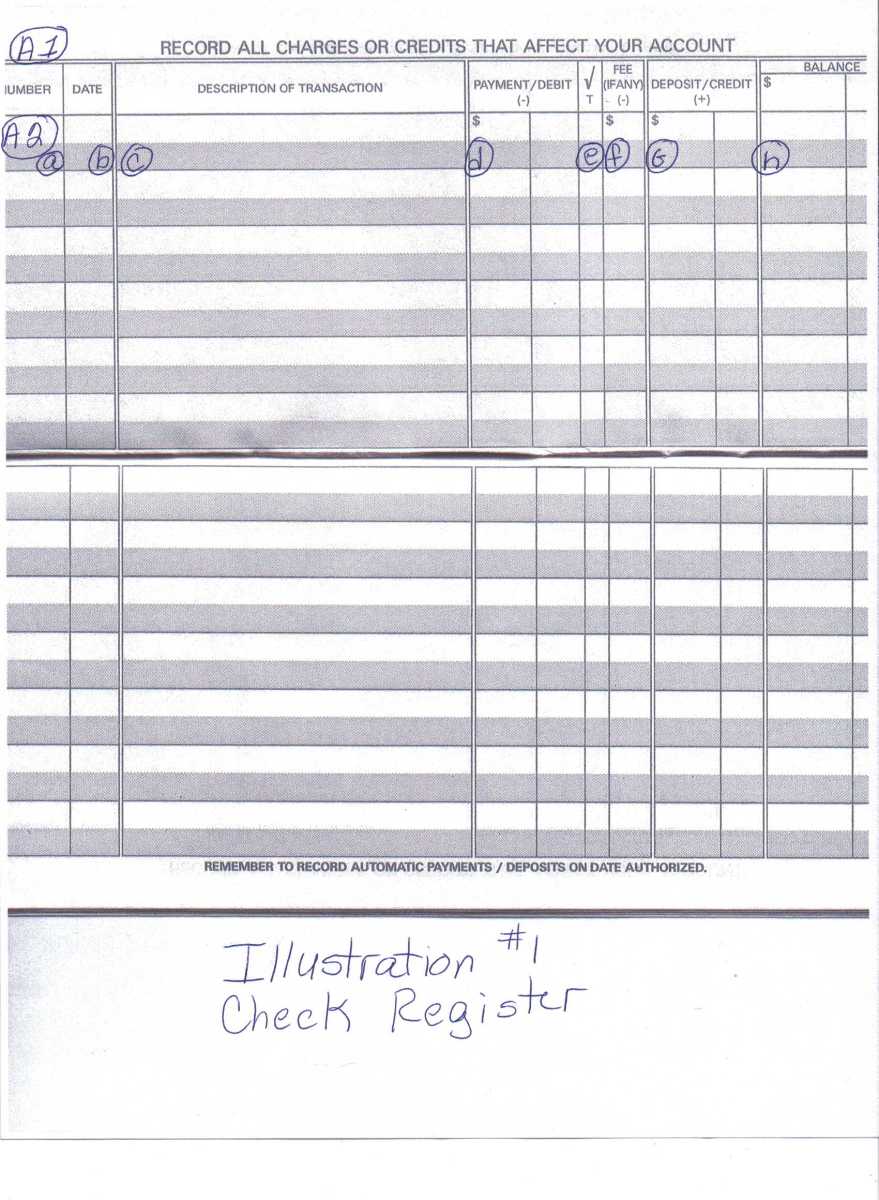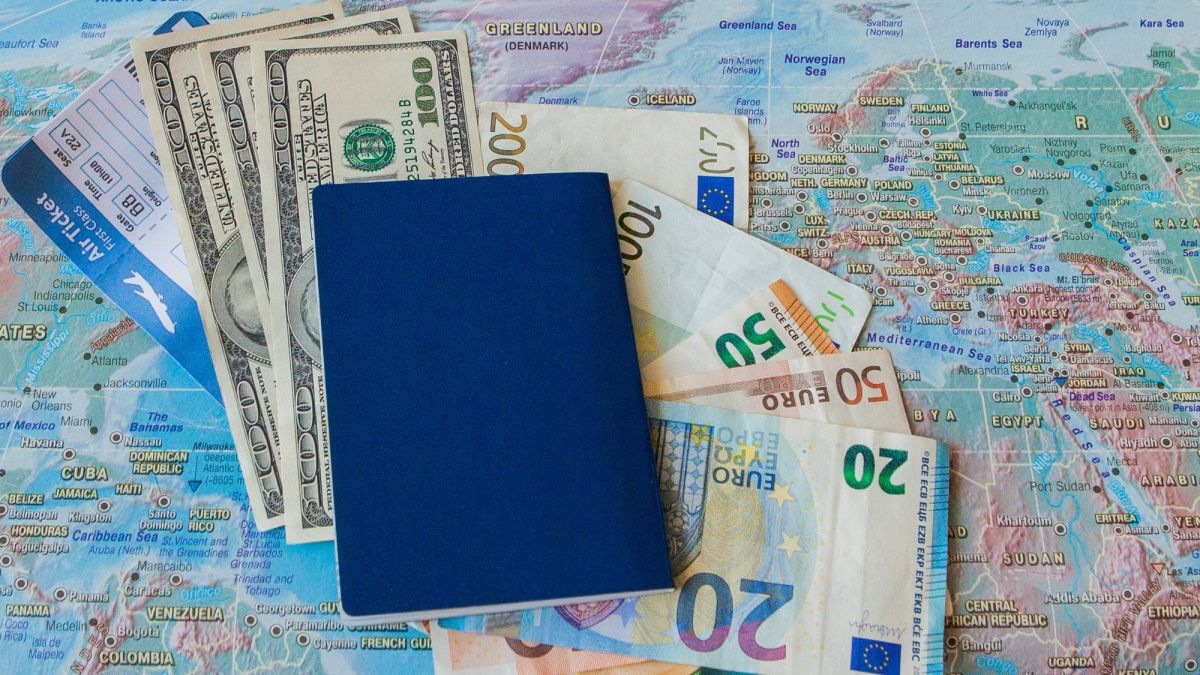Electronic Banking: The Swan-Song for Kite Writers?
The establishment fought back
Click thumbnail to view full-size



Go fly a Kite...Elsewhere!
Electronic Banking: Swan Song for Bad Check "Artists"
Where once people wrote checks - or cheques in the UK - for many of their purchases, especially the larger ones, to obviate the risk of carrying a lot of ready money, by 2015, this form of transferring money has practically disappeared.
Along with the fact honest - or crooked - use of checks is practically no more, those criminals who took advantage of the system, the bad-check "arists" as they were known, as well as "Kiters" and "Paper-Hangers," are also becoming just part of folk law.
The checks themselves had many names: kites, rubber, cold, hot, returned, etc.
These facile conmen were responsible for shops and individuals losing billions of dollars throughout the nineteen hundreds until credit and debit card use became the norm a few years ago. Even where checks are accepted nowadays, their value can be ascertained almost immediately and all checks are treated with some suspicion..."Haven't you got a credit or debit card?" shop assistants may enquire.
Banks were rarely hurt by all this phoney paper floating around. They just sent the check back to the scammed shop or individual with the stamp, "Insufficient funds," or "account closed." Then it was up to the victim to call the police or swallow the loss with a painful grin. Bad paper artists who did manage to extract funds from the banks were the elite and much admired by the bent fraternity.
The police throughout the USA set up special branches or groups to deal with the crooks. They shuddered as they heard, time and time again, the general refrain from those hit by the con-men, "He was so nice, I would never have believed..."and so on.
Even when they were caught, unless they had a lot of prior convictions, courts in most states were lenient with the generally harmless - in a physical sense - accused. They would get fined, probation, or a short jolt in a county jail; no doubt a situation where they could discuss their "art" with other dodgy writers and rejoin the public even better equipped to deceive. (Texas may well be the outstanding exception where protecting their god, the dollar, elevates the kiter to the same status as a murderer or rapist and they get sentenced accordingly).
The one glaring problem with being caught for bad-check issuance - vis-a-vis other forms of crime, such as burglary, safe cracking, armed robbery and pickpocketing, etc., the police have a lot of evidence, including positive identification by sales assistants, the goods obtained themselves, and the paper evidence itself - the useless check, along with a signature. Usually not the criminal's name, but surely his handwriting.
So the conviction rate was pretty high, but with prisons stuffed with drug offenders and crooks employing guns or violence in their crimes, check writing was seen as bordering on a misdemeanor, rather than a felony offence. The exception always being the professional kiter with many convictions who had been responsible for businesses losing millions of dollars.
Some bad check writers were pretty smart, too. A favored method went like this -
The crook would breeze into a new town, rent a pad with a check dated a week in advance, with a ready explanation. He would then rent a mail-drop address, telephone, buy business cards and perhaps order rental furniture. He was accumulating his assets. He then started a bank account using his new ID, address and business address (the mail drop which often featured phone answering). He would also buy a truck on credit, so easy in the good old days in the US.
An instant citizen had appeared and often even had the local greeters out to his home introducing him to the neighborhood, (a nice feature of life in the USA, counterbalanced by the usual dislike shown to the neighbors in the UK! Here, the "welcome committee" usually consists of a bunch of gossiping old gits peering from a crack in the curtains...but perhaps I am prejudiced).
The spider had woven his web, occupying the center and would be ready - as soon as his new checkbooks arrived - to visit the unsuspecting businesses. No, people weren't completely taken in by the con-man's gift of the gab, impressive appearance and the hope of a big sale...though many were in fact. You only had to listen to suckers giving evidence in court to see how relatively easy it had been to fool them. "He was so charming," they carolled, "His ID was correct, we knew the bank and he even suggested we call them!" (Note. His ID was a provisional driving license in his adopted name, plus business cards and utilty acounts and he had deposited funds in his account: to all intents and purposes, at the time of issuance, the 'promissary note was good). There were a few more ways the professional thief obtained photo ID's, too long to get into here.
In many states - where the penalties for passing bad checks, both in civil and state criminal courts, are as many and varied as the phoney ID's of the crooks, if a con artist informs his victim the check won't be valid right away, he cannot be charged for a crime.
Remember, this intelligent sociopath only had a week or ten days to put all this together and at some expense in time and money - most of which was covered by his useless paper - so he was now ready to recoup his investment and then some.
He would have tried to get the large checkbook with some 10 to 300 checks in it; if not, the banks regularly sent out up to five checkbooks to a new account holder; more than he would have time to float, but the ones he did use representing quite a score, even over a weekend's use.
In the case of large stores which had been burned many times by check scammers - and still got caught by them - they might ask for funds to be cleared before the purchase was confirmed. the crook knew well who they were, Sears and Montgomery Ward were two such; North America's largest department stores in the latter half of the last century, with an able credit department, yet with a desk full of rotten paper.
They were still a viable target. With aplomb, our personable kiter entered the electrical goods department. "Hi, just been transferred to you lovely city," he might gush. "I need a bunch of stuff for the new apartment as it's unfurnished." Sensing a large commission, the sales person was hardly thinking about this smartly dressed chap's background (or chapesses too: lots of bad check writing females). And you must remember, bad paper was only a small part of the millions passed daily by honest customers. (although I heard, along with false credit card use, it went up to a high of 12% in some areas...not a mere bagatelle!)
And any suspicions he, or his credit department might have had, were nulified when he asked for his purchases to be delivered, COD. A check back then was usually good for COD deliveries, after all, they thought they knew where you lived and the firm's delivery van drivers, or the courier, could care less anyway.
Our crim. didn't want soft furnishings or heavy stuff he couldn't move rapidly in the middle of the night, or sell quickly from a want ad.
So no sofas and arm chairs, it was a telly or two, stereo, fridge, dishwasher ("for the lady ya know!"). Maybe a top of the range hoover. A date and time for delivery was arranged and the crook headed jauntily out on the way to his next victim.
After he had hit all the local shops for watches, jewelry and not forgetting swank clothes for himself, he then had the weekend to pack up and scarper in his truck.
His delivery items arrived Friday or Saturday morning, come about by Wednesday in the next week, the checks began to hit the bank and the panic begun as the bank totalled up the amounts from the criminal enterprise, which might reach up to $100,000, depending how diligent and clever he was.
(The one smart business was the jewelry store who were not easily caught for large amounts, otherwise, one large diamond would equal all the felon could net from the other stores. They were caught, however, by kiters dressed as Arabs who had a jeweler deliver a tray of expensive pieces to a luxury hotel suite, to select "presents" for the wives! It is incredible how greed can make the most otherwise sane dealer become momentarily blind!).
By the time the store's security along with the local bank fraud squad arrived at his front door, the perp was many states away, setting up again and with a new ID and a bunch of new stuff on sale, or in Mexico where, before that country's own businesses began making electrical goods, large-scale, his ill gotten gains in the local "fayuca" (smuggled goods ) market. were worth perhaps three times what they were up north
Today, all that is behind us and modern minor white-collar criminals use a computer or credit cards to deceive.
Ironically, it is the banks who have now turned into deceivers and tricksters, stealing billions from the public with one Ponzi scheme after another, while benevolent governments help them out by diverting our tax money to cover any losses and help them pay astounding bonuses! The big difference is their legal but shady enterprises involve billions - and they hardly ever get accused of a crime, much less go to jail.
But we have always known justice means one thing to the poor and quite another to the wealthy.

